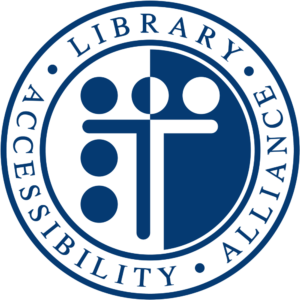October 15, 2024
Corinne Guimont receives the 2024 LPC Award for Exemplary Service
By Nancy Adams
On behalf of the LPC Board, we are delighted to announce that the recipient of the 2024 LPC Award for Exemplary Service is Corinne Guimont, Associate Director, Publishing & Digital Scholarship, Virginia Tech Publishing. The Award recognizes substantial contributions by an LPC community member to advancing the mission, vision, and values of the Library Publishing Coalition.
Corinne was nominated for her established history of active participation in LPC. In addition to serving as a member of the Research Committee, she represented LPC on the NASIG Digital Preservation Model License Subgroup and co-authored the Digital Preservation Model Policy in March 2022 to support publishers in the creation of preservation policies. She has volunteered as a peer mentor in LPC’s mentoring program and is currently serving as chair of the LPC Program Committee. In addition to her committee service, her nomination highlighted her work with Cheryl Ball and Matt Vaughn to produce the 2023 Platform Crosswalk. Corinne’s dedication and investment in LPC’s ongoing success is evident through these and other activities in LPC. As her nomination mentions, Corinne “is both a proactive member and a conscientious leader dedicated to the future of the Library Publishing Coalition.”
A statement from Corinne:
I am beyond honored to receive the LPC Exemplary Service Award this year. I have learned so much from serving on the various committees, from where we can focus our research to how we’re preserving the work we’re publishing, that has helped shape how I approach my day-to-day work. The opportunities that LPC provides to work with others and better share these findings has been instrumental to how we grow and develop library publishing at large. It has been an honor and a pleasure to work with so many involved in the community, but I’d like to give an extra shout-out for the work Cheryl Ball, Matt Vaughn, and I did with the platform crosswalk project, which wouldn’t have been possible without support from LPC. Thank you so much!
Corinne will receive a complimentary registration to this year’s Library Publishing Forum and a $500 honorarium.
Please join us in congratulating Corinne!
On behalf of the LPC Board
Janet Swatscheno, President
Harrison Inefuku, President-Elect
Erin Jerome, Secretary
Annie Johnson, Treasurer
Angel Peterson, DEI Officer
Sonya Betz
Elizabeth Scarpelli
Leigh-Ann Butler
Sarah Frankel
Regina Raboin
Amanda Hurford, Past President
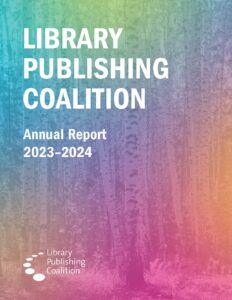 The Library Publishing Coalition is pleased to announce the release of its
The Library Publishing Coalition is pleased to announce the release of its 

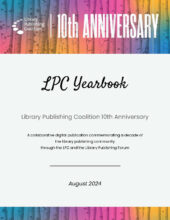 Our thanks to the LPC community for celebrating our 10th anniversary with us over the last year! We’ve had some great conversations (both nostalgic and
Our thanks to the LPC community for celebrating our 10th anniversary with us over the last year! We’ve had some great conversations (both nostalgic and 
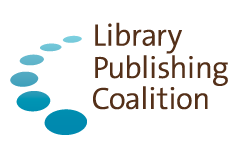

 Brown
Brown The University of
The University of 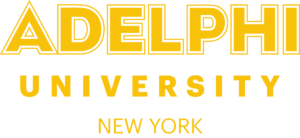 Adelphi
Adelphi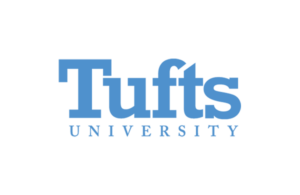
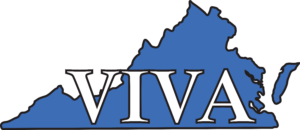 VIVA
VIVA
